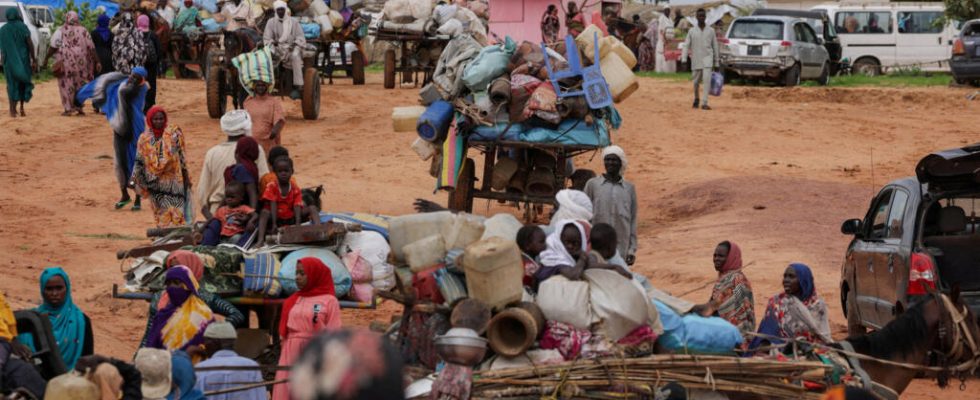In Sudan, clashes broke out on Thursday February 1 between the army and General Hemedti’s paramilitaries in the capital of North Darfur, raising fears of an escalation of the conflict.
1 min
The town of El Fasher, in Darfur, was shelled but remains controlled by the 6th division of the army. The Rapid Support Forces (FSR) have decided to open a new front. Since November, they have controlled four of Darfur’s five provinces.
Contacted by RFI, Roland Marchal, researcher on Sudan, explains that if the Rapid Support Forces were to seize North Darfur, the implications would be very significant.
“ The fighting is theoretically between the national army and the rapid support forces. On the other hand, there are other armed actors and, in Darfur, these armed actors are, for the most part, concentrated in North Darfur and in a posture, let’s say, of waiting, of neutrality. And so, if there is fighting, the question that will be asked is: will these armed groups, which represent, for some, a real force, enter the battle? No doubt they would do it on the side of the national army and from that moment on, what will happen?
“ Obviously, the outcome of the battle is both control of Darfur, but it is also the posture that Chad could take in these events since these armed groups are essentially Zaghawa groups, which obviously the power in power Chad is essentially Zaghawa and the question of solidarity will be raised. The Chadian state, in particular, will have to take a position on the conflict and help one side against the other, while officially, for the moment, the Chadian state does not support anyone. But Emirati weapons transit through Ham Haraze to go to Rapid Support Forces bases”underlines Roland Marchal.
Read alsoSudan: clashes in El Fasher, a rebel stronghold in Darfur
